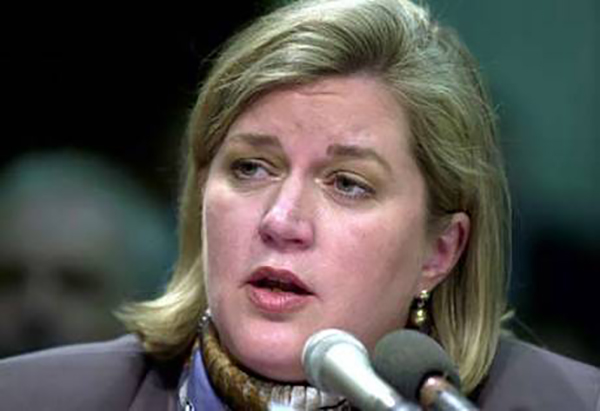 Could this have anything to do with security theater? Check out the synopsis from Severin Borenstein’s new working paper:
Could this have anything to do with security theater? Check out the synopsis from Severin Borenstein’s new working paper:
U.S. airlines have lost nearly $60 billion (2009 dollars) in domestic markets since deregulation, most of it in the last decade.
More than 30 years after domestic airline markets were deregulated, the dismal financial record is a puzzle that challenges the economics of deregulation. I examine some of the most common explanations among industry participants, analysts, and researchers — including high taxes and fuel costs, weak demand, and competition from lower-cost airlines. Descriptive statistics suggest that high taxes have been at most a minor factor and fuel costs shocks played a role only in the last few years.
Major drivers seem to be the severe demand downturn after 9/11 — demand remained much weaker in 2009 than it was in 2000 — and the large cost differential between legacy airlines and the low-cost carriers, which has persisted even as their price differentials have greatly declined.



